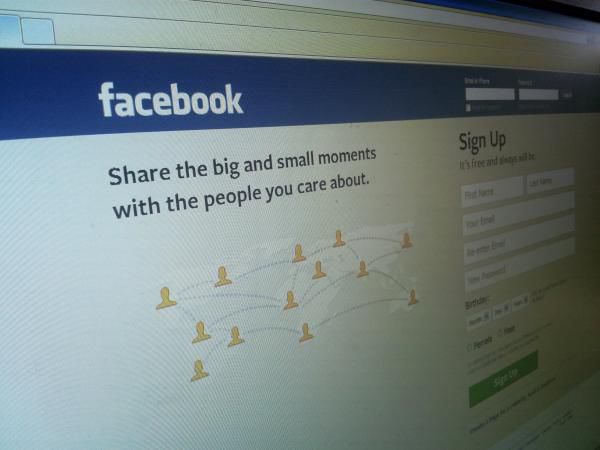In an average week, one in five Americans share their religious faith online. About the same percentage tune in to religious talk radio, watch religious TV programs or listen to Christian rock music.
These were among the key findings in a recent survey conducted by Pew Research Center, a Washington, D.C.-based think tank that conducts public opinion polling, demographic studies, and social science research.
The survey, conducted in May and June of this year, asked over 3,200 adults across the U.S whether they had engaged in various kinds of religious activities during the previous week. It found that 20 percent of Americans shared their faith online through social networking websites or apps (such as Twitter and Facebook), 23 percent watched religious TV, 20 percent listened to religious radio, and 19 percent listened to Christian rock music.
The fact that 20 percent of Americans listen to religious talk radio is particularly relevant, as the Catholic radio station, Immaculate Heart Radio, AM 930, launched in Los Angeles Nov. 17. As Immaculate Heart Radio aims to pick up listeners among a population of 14 million, this could be a useful metric.
According to Pew Research Center, “religious engagement through TV, radio, music and the Internet generally complements — rather than replaces — traditional kinds of religious participation, such as going to church.”
The Pew religious survey also found that those who attend services at a church weekly are almost six times more likely to listen to religious radio than those who seldom or never attend such services.
Immaculate Heart Radio might contest that their programming does more than complement their listeners’ religious participation.
In November of 2010, Immaculate Heart Radio conducted its own survey on the relationship between religion and radio. They found that listening to their station actually inspired an increase in spiritual activity. About 48 percent of listeners said that tuning in increased their attendance at religious services.
As much as radio may accomplish, the Pew survey suggests that radio does not reach as large of an audience as online sharing. 61 percent of the youngest age group polled (18-29 year olds) said they had seen someone else share “something about their religious faith” online. This group was the least likely of all age groups to listen to religious radio. Pew even classifies radio as “Old Media.” Will radio soon give way to online media?
When Immaculate Heart Radio began broadcasting in Reno, Nevada on Jan. 2, 1997, it was only the seventh full time Catholic radio station in the country, compared to the 1,600 plus Protestant stations being broadcast the same year.
The Pew survey results suggest that this disparity continues today: white evangelicals and black Protestants were far more likely than Catholics to listen to religious talk radio.
Yet today, there are almost 300 Catholic stations nationwide. As Catholic radio expands to the second most populous city in the nation, it appears religious radio is not done growing.

